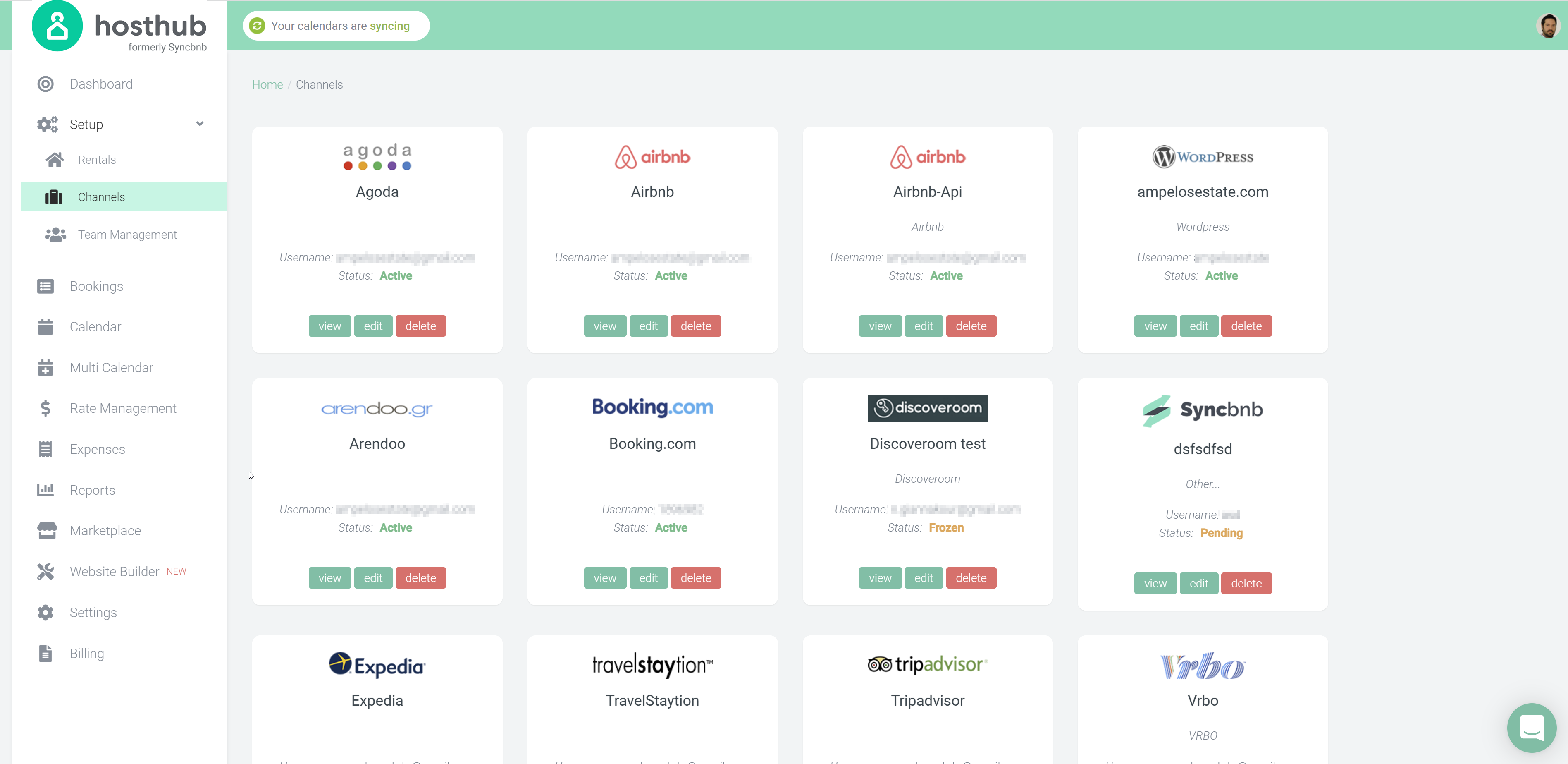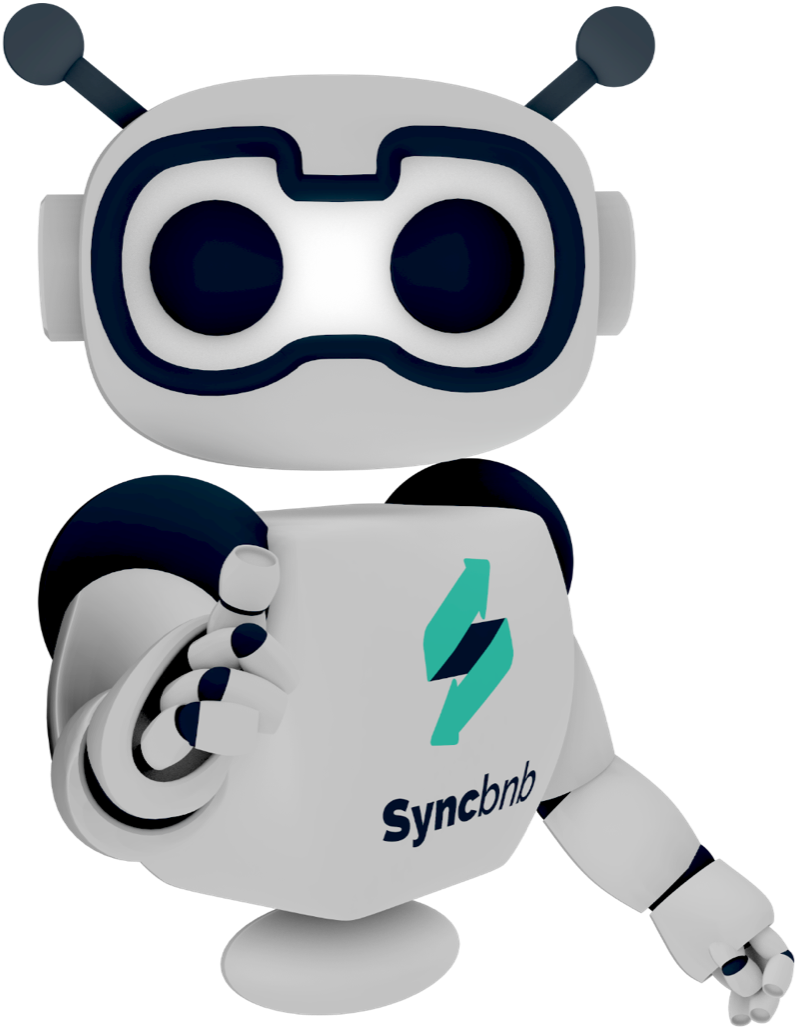Welcome to another episode of the BnB Series!
Last time, we talked about how you can utilize your off-season period to improve your hosting abilities and properties. This time, we’ll be talking about how to utilize the plethora of data you have available to you to further increase your efficiency as a host.
People from all over the world have joined the trend of making an income from renting out their homes, apartments and rooms through vacation rental websites — specifically, through Airbnb. Whether you are currently an experienced host or you’re just getting started, one thing remains true: data is king. You have a wealth of information right at your fingertips that will help you put into action the many steps required to make the most of your property’s potential and provide better offerings for your guests.
Here’s how top Airbnb hosts usually leverage data to increase their rental revenues.
First things first, how do you track your performance?
If you are a host with six or more listings (or you have specifically turned on Airbnb’s professional hosting tool), you are eligible to view the performance dashboard, which includes all of your hosting progress. You’ll find plenty of reports that detail your performance over the past year. If you’re using software to sync your rental calendar, you will need to analyze your data across all of the platforms you’ve posted on.

Source: Airbnb
Airbnb helps you by sharing those dynamic insights, along with recommendations, so you can see where your biggest opportunities lie and understand your greatest strengths and weaknesses.
What do you need to be on the lookout for?
As an Airbnb host, you need to have some key performance drivers that you prioritize and analyze even when you sync rentals.
Some of these include:
- Your top listings.
- Demographics of your guests (age, country, gender, etc.).
- Length of stay.
- Lead time (how much in advance your guests book your property).
How to decipher your reservation story
Before we get into each performance area, we’d like you to envision the importance of one single reservation and the multitude of stories it tells. You will get to see how far in advance this guest has booked, how long they stayed, how much they paid, and how much you made as a host in return.
You’ll see which dates are popular, which properties are the most successful, and much more, giving you a crystal-clear picture of your stay patterns.
If you’re using an Airbnb calendar syncing software, like Hosthub, you will also get to see how Airbnb is performing against your other platforms, and you will have an overview of your booking sync data.

Occupancy & Rates
Through the reservation data, you’ll be able to learn all about how your property is performing in terms of bookings.
For example:
- You will find your average nightly rate over the past 12 months.
- Comparisons of your own average nightly rate, your occupancy rate, and your revenue to the general market average.
- Your average lead time.
How do you leverage this data?
By utilizing this information, you’ll be able to tweak your prices and your pricing strategy accordingly. Is your price too high compared to the general market average? If yes, how about your occupancy rate? Your price could be higher, but that doesn’t always mean you need to be at par with the market average. You’ll be able to have a clear picture of your pricing vs. your occupancy rate and tweak accordingly, thus maximizing revenue from your listing on Airbnb.
One thing you also need to look at is your booking lead time. Simply put, the lead time is the number of days between when your guest made a reservation and when they actually checked in. The longer your average lead times are, the more opportunity you have to increase your price (as it’s a clear reflection of higher demand).
Also, once you have started to figure out who books what and when you will better understand when to run discounted prices and push promotions. Sometimes, discounts cause more harm than good and fail to produce simply due to a lack of demand for them. Make sure your discounts reflect the types of booking behaviors you want to encourage and the caliber of guests you want to attract.
Through your booking information and occupancy rates, you can also figure out your seasonality demand rates and determine which weeks/months generally deserve to be priced higher and at what times you will need to run a discount.
Visibility
You will be able to learn more about the guests who are looking at your listing.
This includes:
- How many times your listing was shown in the search results.
- How does that compare to the market average?
- How many views have you had over a certain period of time (compared with the market average).
- Your CTR (click-through rate).
- View-to-Contact rates.
- Contact-to-Book rates.
How do you leverage this data?
You’ll be able to determine where you stand against competitors and what exactly you need to do:
- Is it improving your SEO?
- Changing your primary image to get better CTRs?
- Is it investing in more marketing?
Apart from that, you’ll actually get to see your booking rate (the percentage of guests who have booked after viewing your listing). By closely analyzing this data month-by-month, you will notice patterns and trends that will help you understand when and why you’re experiencing a reduction in bookings and views.
For example, if you’re seeing a reduction in views, ask yourself these questions:
- Is it because you’re not being found as often as you should be? (Your need better SEO and marketing)
- Do you need to improve your listing name?
- Is your pricing too high?
- Do you need to work on your photos?
If you’re seeing a reduction in bookings, it could be for the following reasons:
- Your pricing strategy needs to be adjusted.
- You need to work on improving your description.
- You need to improve your ratings.
To conclude this part:
- The first thing you need to do is to thoroughly analyze the data.
- Second, ask yourself what has caused this reduction in views/booking/conversion rate.
- Determine if it’s because of bad SEO, overpricing your property, bad reviews, etc.
- Finally, make changes that will help improve your bookings (reduce your prices, incentivize better reviews, create better descriptions).
Quality of your property
You’ll also have the opportunity to learn more about your guests and your rating information.
For your guests, you’ll get to see:
- Their region
- Their listing attributes (how many rooms they booked)
For your ratings:
- You’ll get to see your reviews divided into different periods of time. This will help you identify any trends in your reviews that you can then compare against any changes you’ve made.
For your listing:
- You’ll get to compare your listing to those of similar properties around you.
Through this report, you’ll get to see exactly what you might be able to improve. You can see what your guests love, what they enjoyed the most, where you can improve yourself or even filter to read your lowest reviews and ensure that all the problems mentioned are fixed.
Earnings
The Airbnb data also allows you to understand how you’ve been doing financially for the past 12 months. You’ll get to see:
- The total number of nights booked compared to unbooked nights.
- Your average occupancy rates.
- Cleanings fees earned.
- How much money did cancellations cost you?
How to utilize this:
Here, you’ll have a bird’s-eye view of your booking trends over time. When did you have the highest booking surge? Why? Did you do anything differently? If yes, can you do it again? If no, was it due to a major event happening nearby? Can you utilize this again next year?
Where your top opportunities lie
Airbnb also helps you understand where your top opportunities lie by showing you:
- Your Superhost status or your progress towards that.
- Your Experienced host status or progress towards that.
- Your commitment rate, response rate, and the overall rating score.
This will help you understand whether you’re meeting Airbnb’s minimum standards for hosting or not, what you can do to improve, as well as how close you are to becoming a Superhost.
We can’t emphasize enough the importance of collecting data, studying it, analyzing it, and then using that data to deliver better actions accordingly. You can easily take your property to the next level by tweaking aspects here and there that will ensure increased rental revenue and higher guest satisfaction. As mentioned above, it could be something as simple as changing your primary image, adjusting your listing name, or tweaking your prices according to seasons and surges. With real data guiding your decisions, the opportunities are endless.

